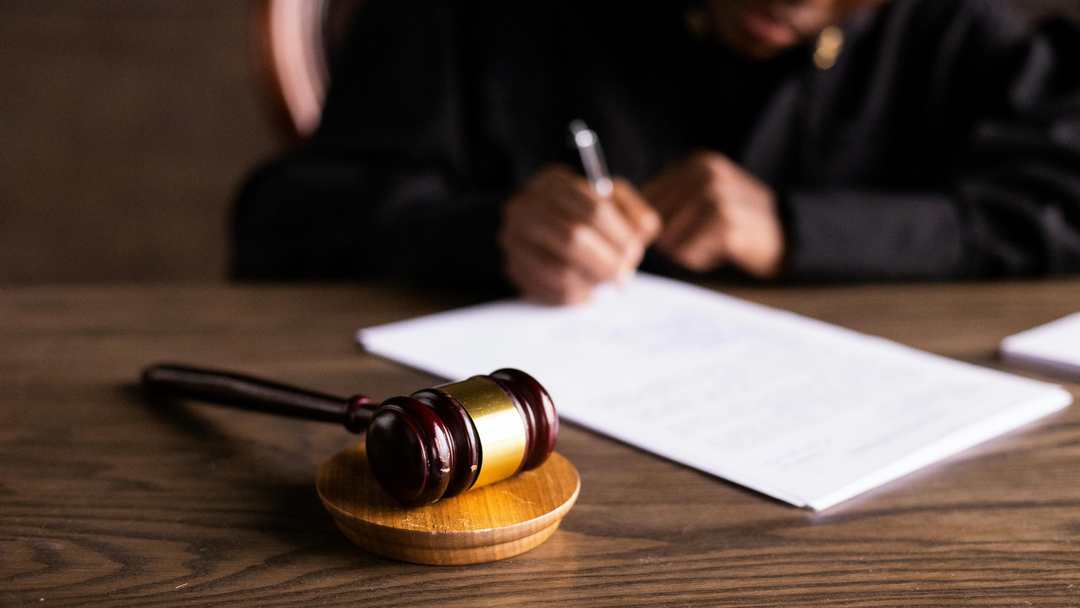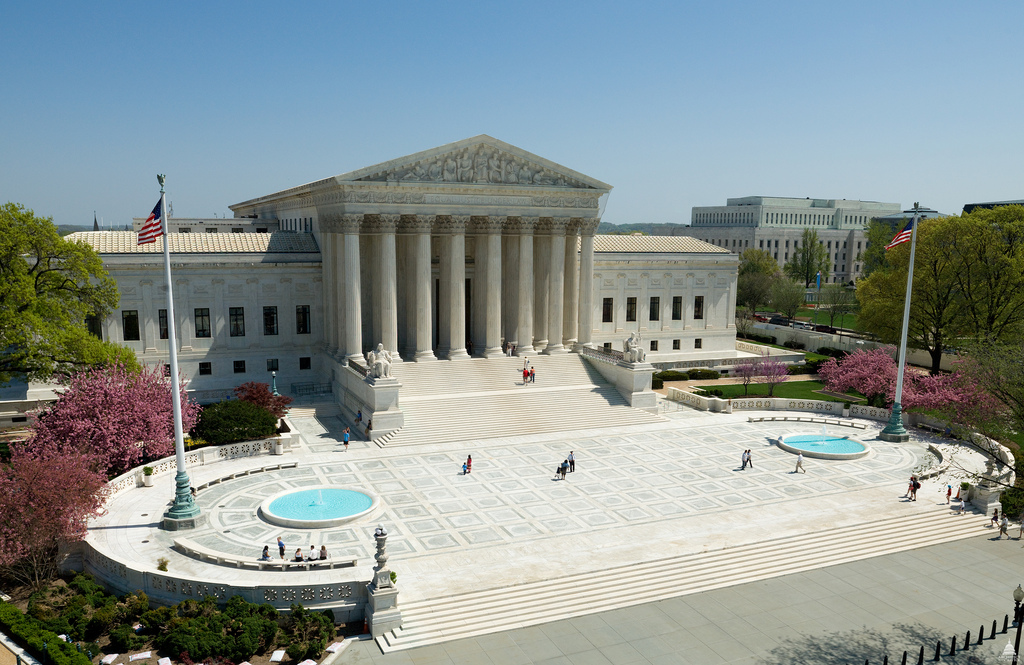The 6th Amendment: is it still a thing?
The 6th Amendment to the United States Constitution is a crucial pillar of the Bill of Rights, designed to ensure fair and just legal proceedings for individuals accused of crimes. Ratified on December 15, 1791, this amendment outlines several key rights that are fundamental to the American justice system.
Key Provisions of the 6th Amendment:
-
Right to a Speedy and Public Trial: One of the fundamental guarantees of the 6th Amendment is the right to a speedy trial. This provision ensures that individuals accused of crimes are not held in pretrial detention for extended periods, preventing undue delay that could prejudice their defense. Additionally, trials must be public, allowing for transparency and accountability in the judicial process.
-
Right to a Fair Jury: The amendment affords individuals the right to a trial by an impartial jury of their peers. This jury serves as a safeguard against arbitrary governmental actions and ensures that decisions in criminal cases are made by a diverse group representing the community where the alleged crime occurred.
-
Right to Confront Witnesses: Central to the concept of due process, the 6th Amendment guarantees defendants the right to confront and cross-examine witnesses testifying against them. This right helps to safeguard against unreliable or false testimony and allows defendants to challenge the evidence presented by the prosecution.
-
Right to Compulsory Process: Defendants have the right to compel witnesses to appear and testify on their behalf. This provision empowers individuals to present evidence that supports their defense, ensuring a comprehensive and balanced presentation of facts during trial.
-
Right to Counsel: Perhaps one of the most well-known provisions of the 6th Amendment is the right to legal counsel. Defendants have the right to be represented by an attorney, whether retained privately or provided by the state if they cannot afford one. This ensures that defendants are adequately prepared and supported in navigating the complexities of the legal system.
-
Right to Know Charges and Evidence: The amendment guarantees that defendants are informed of the nature and cause of accusations against them (the charges). Moreover, they have the right to be informed of the evidence and witnesses presented by the prosecution, allowing them to prepare an effective defense strategy.
Legal Counsel and Your Rights
When facing legal challenges, particularly in criminal cases, it is advisable to seek legal counsel immediately.
An experienced attorney can provide guidance on how to navigate interactions with law enforcement while safeguarding your constitutional rights.
Since 1993 our expert legal defense in navigating criminal law matters and protecting your constitutional rights are what we eat for breakfast everyday.
Contact Komorn Law PLLC if you’re ready to fight and win.
Research us and then call us.
Recent

A secured and safe vote thanks to new laws in Michigan
Governor Whitmer Signs Historic Election Bills Package to Ensure Every Vote Can be Cast and CountedIn Case You Missed It November 30, 2023 “Today, we are expanding voting rights and strengthening our democracy,” said Governor Whitmer. “Michiganders spoke clearly last...

4th Circuit says – Assault weapons can be banned
This case is about whether the Act’s general prohibition on the sale and possession of certain “assault weapons,” are unconstitutional under the Second Amendment. An en banc federal appeals court upheld Maryland’s ban on assault-style weapons in a 10-5 decision...
Other Articles
SCOTUS Decision Gives Starbucks a Win in Labor Dispute
The decision underscored the principle that only activities that are essential and directly related to an employee's primary job responsibilities are subject to compensation. In a recent decision by the Supreme Court of the United States (SCOTUS), Starbucks received a...
The US Supreme Court and Federal Gun Law Cases
The US Supreme Court and Federal Gun Law CasesChallenges to Federal Gun Laws the right of the people to keep and bear Arms, shall not be infringed Updated July 8, 2024 Ratified in 1791, the Second Amendment provides, “A well regulated Militia, being necessary to the...
Do Passengers in a Vehicle have 4th Amendment Rights?
Do Passengers have 4th Amendment Rights?Michigan Supreme Court Limits Police Ability to Search Passenger Property in CarsBackground Mead was a passenger in a car and had just met the driver, who offered him a ride. When the police stopped the vehicle and ordered both...
Do Students Have 4th Amendment Rights in Schools
Students and 4th Amendment RightsStudents are entitled to a right to be safe from unreasonable searches and seizures even within school premises, as ruled by the Supreme Court of the United States. However, these rights are somewhat limited for students, allowing...















